|
This morning at the monthly Kentucky Economic Development Finance Authority (KEDFA) meeting in Frankfort, a TIF of $21.4 million was authorized for Paducah. The project is designed to help revitalize downtown Paducah with state and local dollars, as well as helping developers with public infrastructure. City leaders Mayor George Bray, Mayor Pro Tem Sandra Wilson, and City Manager Jim Arndt were all very excited about the approval. “As a city government, we look for opportunities to spark development and set the right foundation for growth, job creation, and business expansion. Paducah’s downtown is the heart of this city, and we want to keep it healthy by reinvesting in long-term economic success. I’m thrilled that KEDFA has provided a generous final approval for Paducah’s TIF,” said Mayor Bray. The TIF project revitalizes the block bound by 2nd Street, N. Water St., Broadway, and Jefferson St. Weyland Ventures is a private investor with plans to develop a hotel, parking, open space, and mixed-use buildings. Developer Bill Weyland said, “Weyland Ventures is very excited about KEDFA’s approval of the TIF for Paducah. It has been a long process, but it is a significant accomplishment for the entire Paducah community. Our company has valued its relationship with the City of Paducah, and we are looking forward to the next steps in implementing the TIF, breaking ground on City block, and looking ahead to more redevelopment projects in the city.” What is TIF financing? Tax increment financing is an economic development tool that permits local governments to capture future increases in property and other taxes generated by new development within a geographic area. It’s not a new tax; it’s reinvestment in the district based on growth. In Kentucky, taxes collected by the State also are eligible to be directed back to the city which produces a new revenue source for the city.
0 Comments
Seven years ago, Tyler Davis and his Dad founded Big River Propeller, a propeller repair shop in La Center, Kentucky. In reality, it's been over a decade since Davis wrote the business plan using a Word document on his computer. As the company has grown, so has the need to be closer to the office. A three hour roundtrip commute from Cape Girardeau, MO to Paducah during the week takes a chunk of time out of a work day. After some negotiation with wife Liz, the couple took up stakes, bought a three-story home, and moved the family to Paducah. Davis could be described as a ‘self-made man.’ The phrase was first used by Henry Clay, a former U.S. senator during the American Revolution. Born on a modest farm in Virginia, Clay rose in the ranks of the political scene and even ran for president several times, though unsuccessfully, yet respected just the same. The term “self-made man” means that success lies within the person and not from outside sources. It’s a person who earns his success through hard work, not through inheritance, family connections, or privilege. When Davis was young, his mother passed away leaving his dad to raise their three children ages two, four, and six. At the time, Davis’s dad Sam was working at Missouri Dry Dock in Cape Girardeau, Missouri. As money became increasingly tight, Sam realized there was little to no potential for advancement at the shipyard and decided to ‘follow the money’. The first move was to Houston, Texas. In Houston, Sam could show off his ‘mad skills’ as a propeller repairman. The owner of the propeller repair shop offered no guarantees. Sam agreed to the terms. He saved money, bought a house, and moved the children to Houston. Sam’s 17 years of experience was a definite drawing card. For four years, Sam worked at the shop. On Saturdays, Davis would tag along. Davis said, “As a kid in Texas, I loved going to the propeller shop with Dad.” Sam is a third generation river industry man. Davis is a fourth generation. Quite simply, it’s in their blood. After Houston, another opportunity presented itself. This time it was in Jacksonville, Florida. Sometimes working on the river was a six-day a week job. On Sam’s days off, he would take the children to Barnes and Noble to expand their horizons. “Dad’s a dreamer. He’s always wanted his own shop.” said Davis. On these trips, he would sit down with a ‘get rich’ magazine and read it from start to finish. The children and Sam used their imagination to dream up lots of ideas. “We would dream about buying things at Lowes to create elaborate backyard landscapes.” Not only would they have discussions about fictitious plans they would draw them out on pieces of paper. The imagination and artistry that went into their designs was phenomenal. Part of the downside of being a dreamer was moving from town to town to find better paying jobs. “Sometimes the moves were to bad parts of town and the school systems weren’t very good,” said Davis. “I didn’t enjoy school. I have a visual form of dyslexia. In school, I didn’t test well and teachers chalked it up to ignorance.” Though Davis didn't enjoy school, he did enjoy making money. When Davis was 12 years old, he started working for a local contractor after school and on weekends. Instead of playing ball or video games during summer vacation, he worked construction. “I enjoyed woodworking. I’ve never been much of a sports person so I spent summers working.” said Davis. “Because of all the moving around, I didn’t feel like I was a scholar. I enjoyed working with my hands. The world I’m in now, I never thought I’d be doing this,” said Davis. “I had plans to be a welder after graduating high school. I didn't think I was cut out for college plus I didn't have the money.” Instead of attending college, Davis went to work for Lowes Home Improvement Store. At age 18, Davis was making a living in Jacksonville, FL working for one of the top, if not the top, home improvement store in the U.S. Shortly after joining the Lowe's team, he was promoted to department manager. The next move was to Cape Girardeau and it proved to be a successful one. Within the year, he rose in the ranks to ASM (Assistant Store Manager). Davis was on the fast-track. After one year as an assistant manager, Davis was promoted to senior management. “I found I had a knack for management. I excelled more than most. My career continued to snowball,” he said.
Senior management was very impressed with Davis. He quickly became the ‘go to’ guy, the one they sent to turn a store around. “The corporate atmosphere was fantastic. I had great mentors and people who believed in me.” said Davis. In fact, he was green-lighted to ‘go all the way’ within the company. He 'aced' the management test and fit the profile for a corporate officer. Davis’ goal was to become vice-president within the Lowe's family. As Davis climbed the corporate ladder, his fascination with owning his own business didn’t wane. He built elaborate business plans that might take a year to complete. “I would get engulfed in it,” said Davis. Dreams of being a ‘serial entrepreneur’ would run through his mind. "It's about building wealth and owning multiple businesses that makes big wealth possible," said Davis. The Big River Propeller business plan took several years. It started on a Word document and grew from there. Davis was 24 years old when he put 'pen to pad' on the plan that would change his life. Part of the business plan was deciding on a site. Somewhere between Cairo, Illinois and Paducah was ideal. Davis would take a weekend, jump on his Harley, and scour the area for potential shop locations. Once he found the perfect place, it was time to look for a building. For this process, the concrete depth on the floor and the height of the building were crucial. Davis would drill holes in the concrete, with the owner’s permission, to unveil the thickness of the concrete. The height of the building was important too. The company repairs propellers weighing a potential 10,000 pounds. Massive equipment is needed to transport the ‘wheels’ inside the shop. After finding the building, it was time to get a loan. Davis had a five-year plan. Sam would run the shop side and Davis the business and sales side. Time to start pitching banks. Though it took several tries, First Community Bank in La Center took a chance on the venture. “We put everything on the table,” said Davis. Sam and Davis needed to live on their savings for at least a year and a half until the business could support both families. It actually took three years for the business to make an impact. “The river industry is tough to break into,” said Davis. The big boat companies already have various businesses they rely on for different services. So, Davis and Sam decided they would ask for their ‘problem set.’ They had confidence in their abilities, equipment, and the crew. After several successful repairs, Big River Propeller started to make a name for itself. “After three years, it blew up,” said Davis. Davis spent nearly 10 years in management at Lowe’s. He firmly believes that going the corporate route before owning a small business is the best approach. Going through the corporate environment made all the difference in the world. “It’s a thought process that’s needed to own a business,” said Davis. Liz and Davis married five years ago. They met while Davis was 'flipping' his third house. Liz was a dietary manager at Life Care Centers of Cape Girardeau. After leaving the residential care facility, Liz became a stay-at-home mom to their son. When Cash was born, “I thought this was the coolest thing to ever happen in my life,” said Davis. “It completely changed my thought process.” Davis believes that everybody needs to have goals whether it’s family, finances, or business. As the business grows, so does his passion for family. The family owned business is everything Davis and Sam have ever wanted. It truly is a dream come true. CEO and Chairman of the Board Steven Powless with President and COO David Culbertson Computer Services, Inc., a Paducah-based company, announced a planned promotion of executive management in a news report released today, Monday, March 1. Steven Powless will be named executive chairman of the board and David Culbertson will become chief executive officer beginning July 8, 2021. Powless currently serves as chairman of the board and CEO and Culbertson is president and chief operating officer.
“CSI’s board is very pleased that David Culbertson will soon become the company’s chief executive officer,” stated Powless. “Plans for David’s promotion to CEO started in 2016 as part of our board’s strategic review of our management succession plans. David was selected from a pool of almost 90 candidates from across the nation. He was the clear stand out, and we knew we had the right person for the role.” As it stands, the audit, risk, and acquisition teams will report to Powless with the remainder of the teams’ reporting to Culbertson. In July 2022, all teams will report to Culbertson. Powless will remain chairman of CSI’s board of directors. “I’ve worked hard everyday to prepare myself for this transition. I’m honored and humbled to have been selected,” Culbertson said. “I’ve spent my entire career at CSI, and I’m committed to our ongoing success.” Culbertson was promoted to COO in April 2017 and president in June 2018. He has been with CSI for more than 31 years and has the confidence of the board of directors. The company reported record results for their third fiscal quarter of 2020 and expects 2021 to have continued success. CSI delivers innovative financial technology and regulatory compliance solutions to financial institutions and corporate customers across the nation. Through a combination of expert service, cutting-edge technology and a customer-first mentality, CSI excels at driving businesses forward in a rapidly changing industry. For more information, click on: csiweb.com |
Written byLiz Latta
|
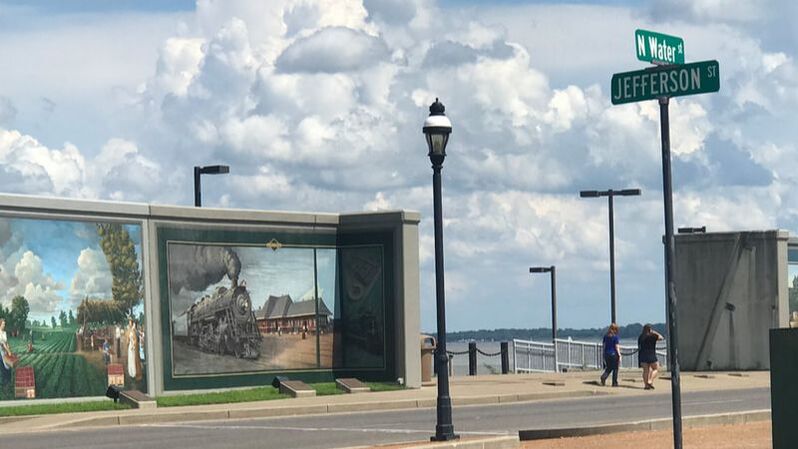
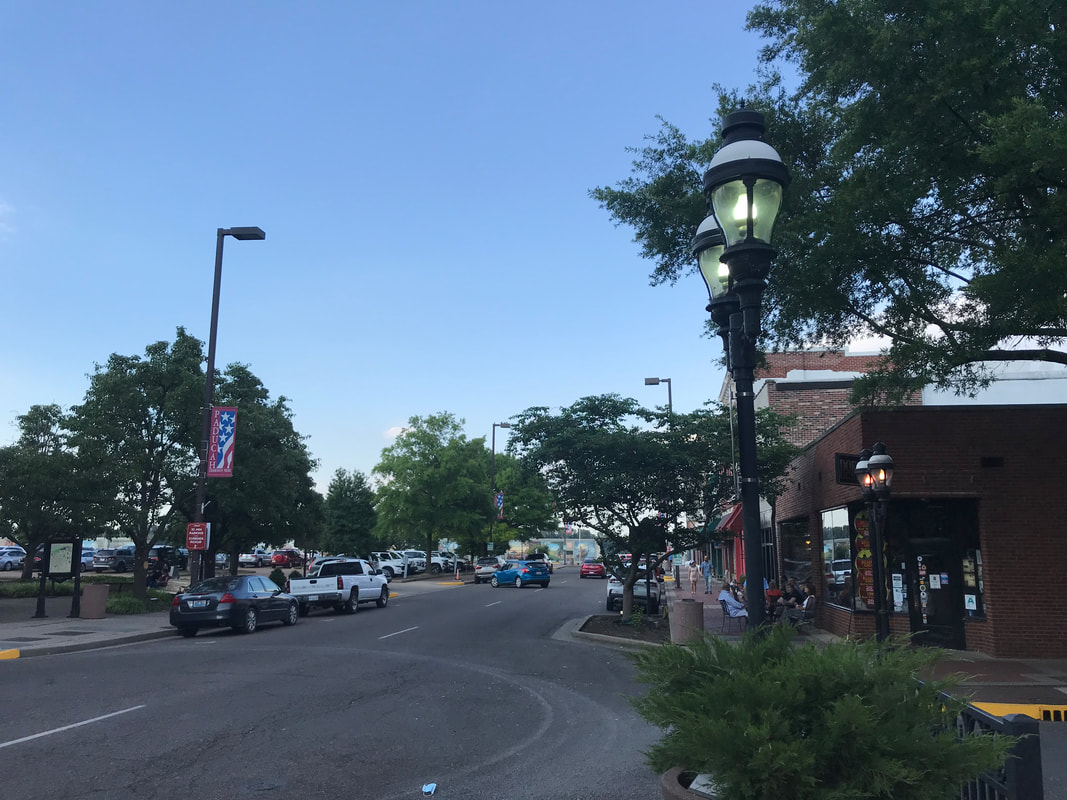
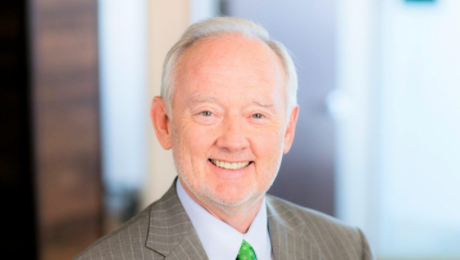
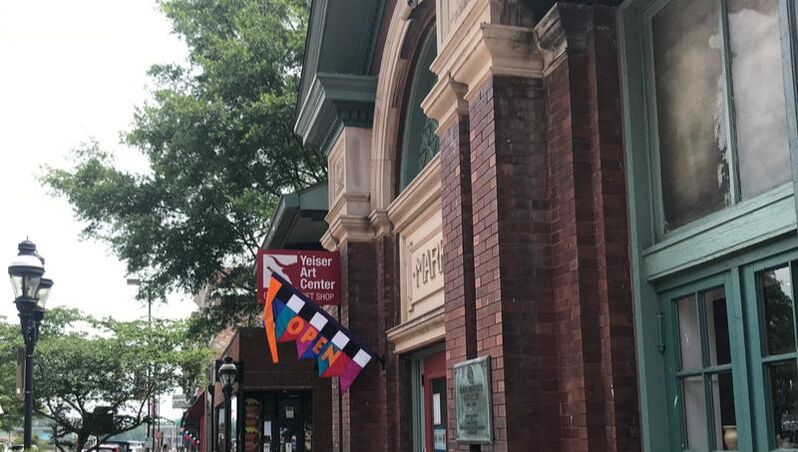
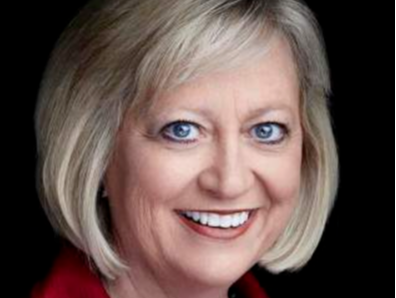
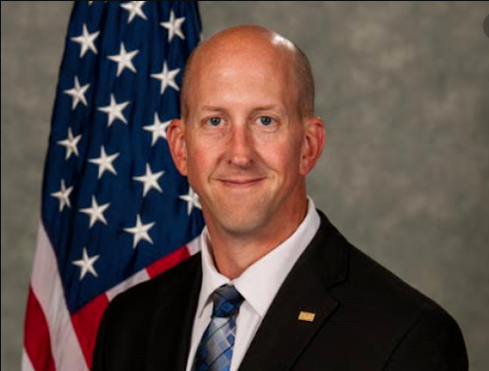
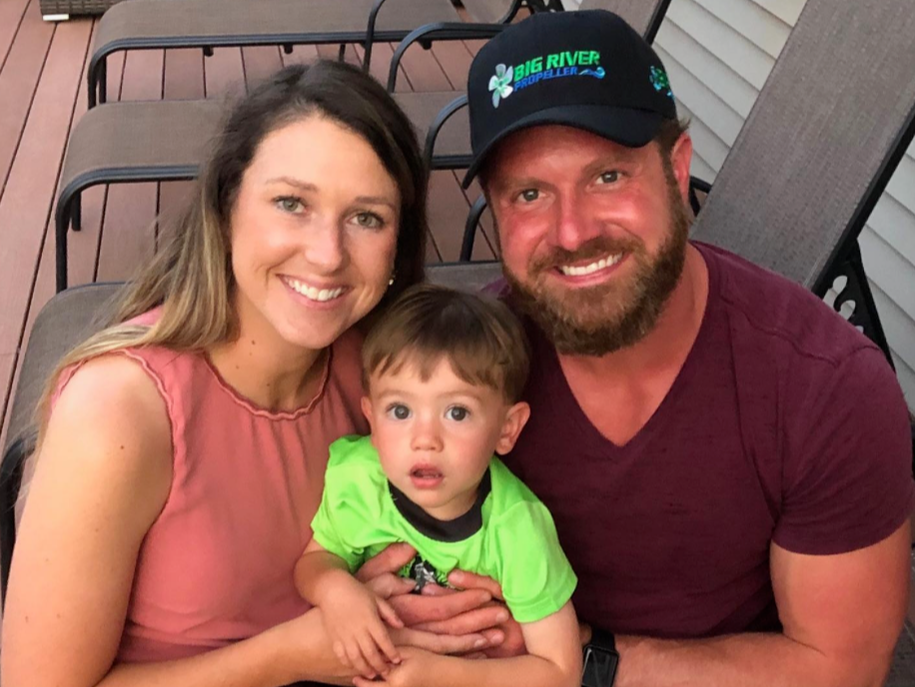
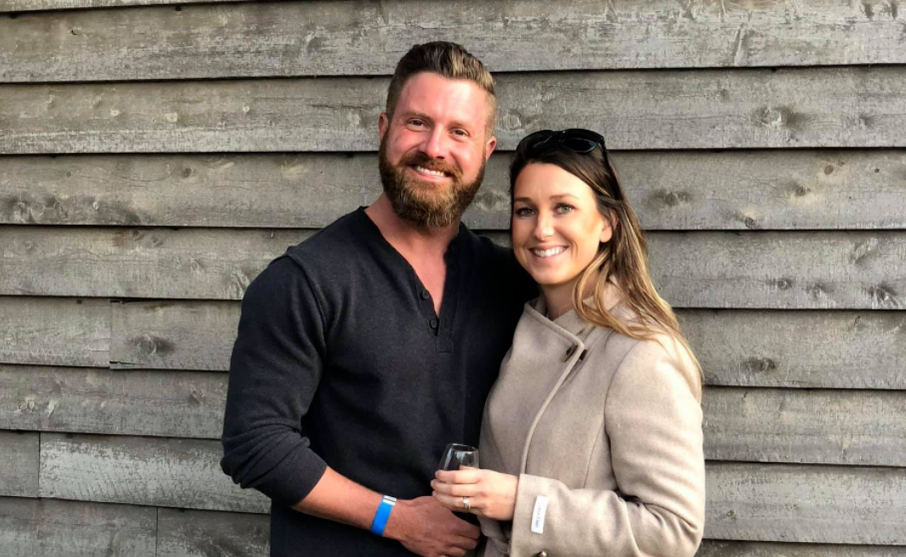
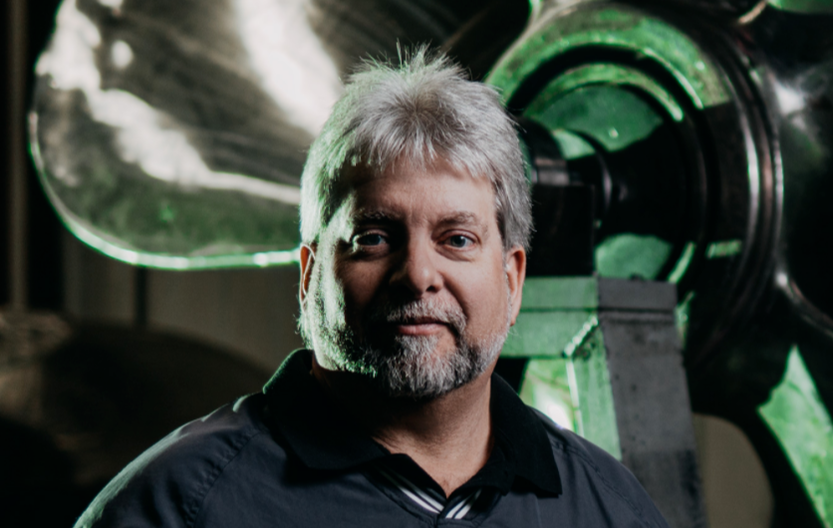
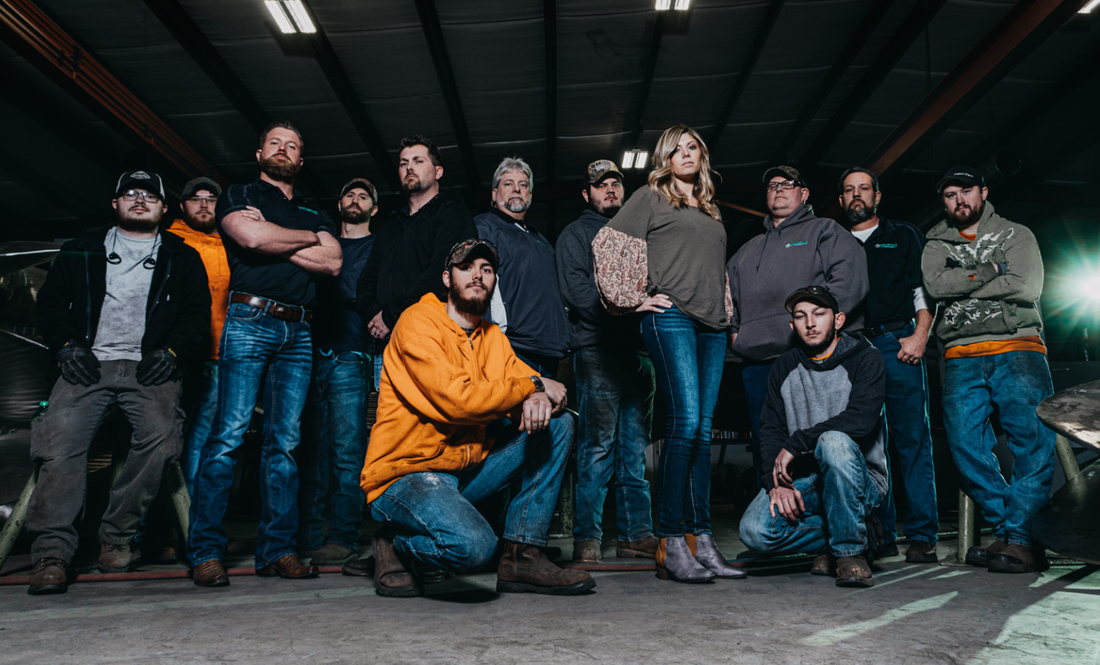
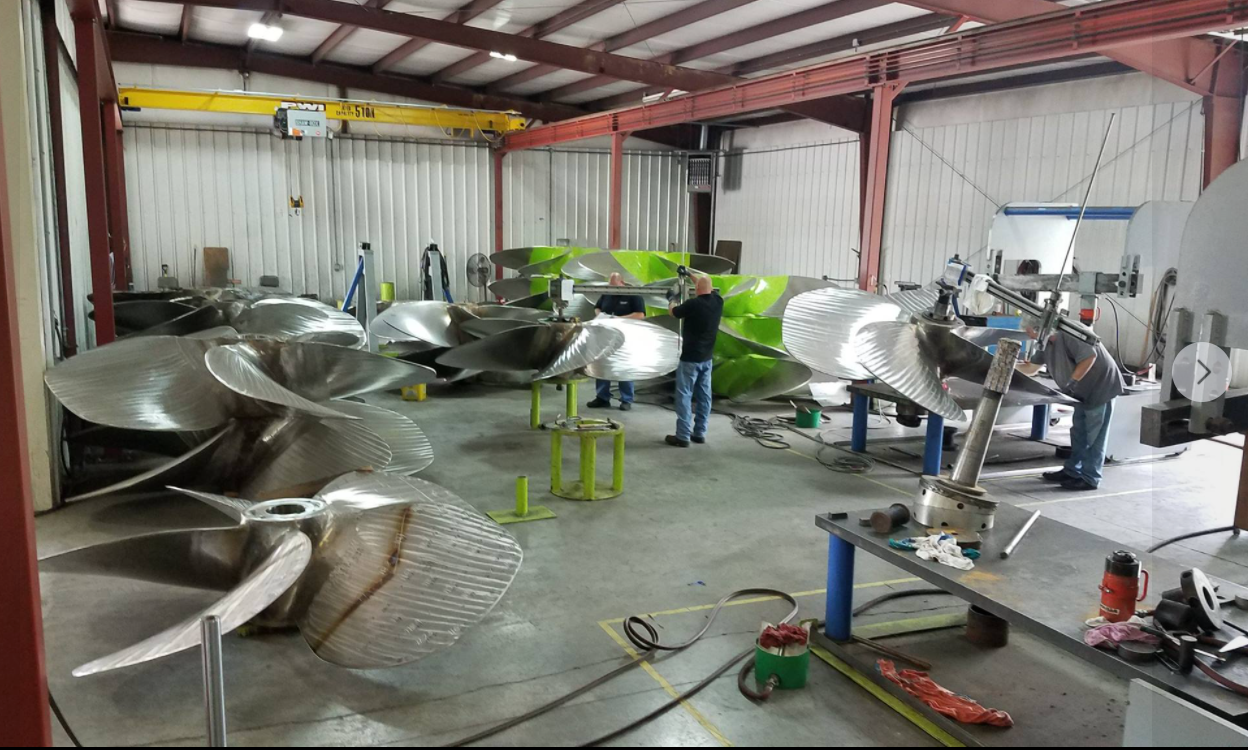

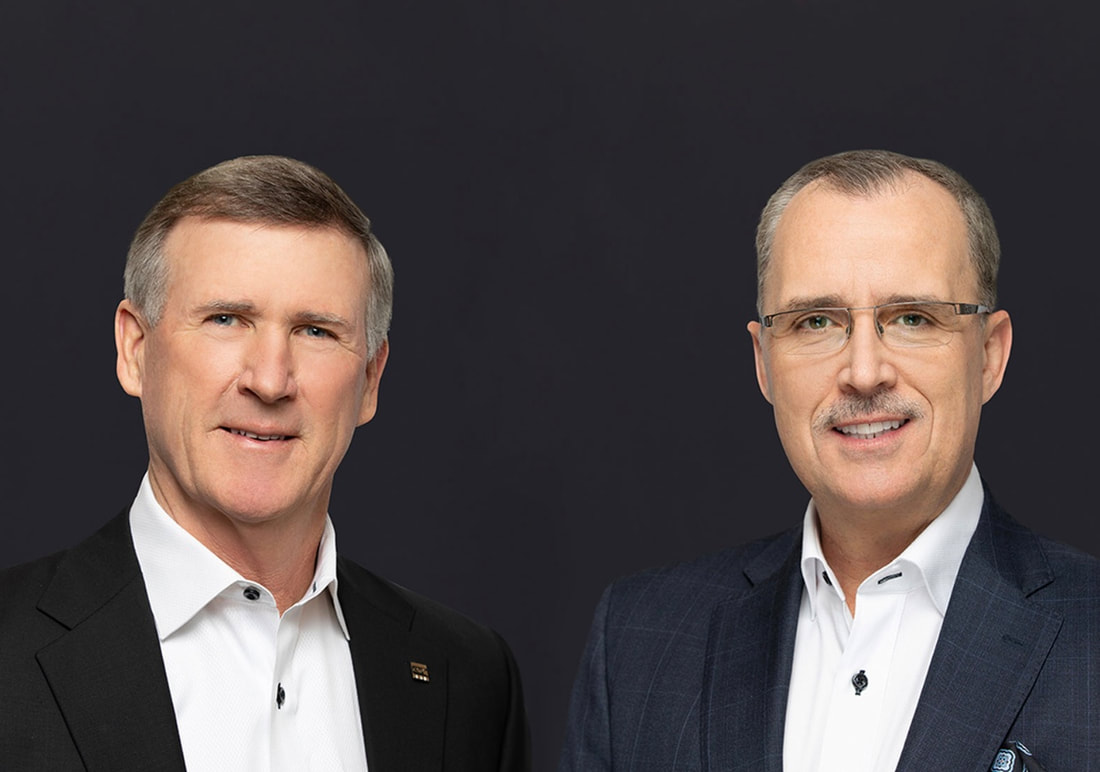
 RSS Feed
RSS Feed